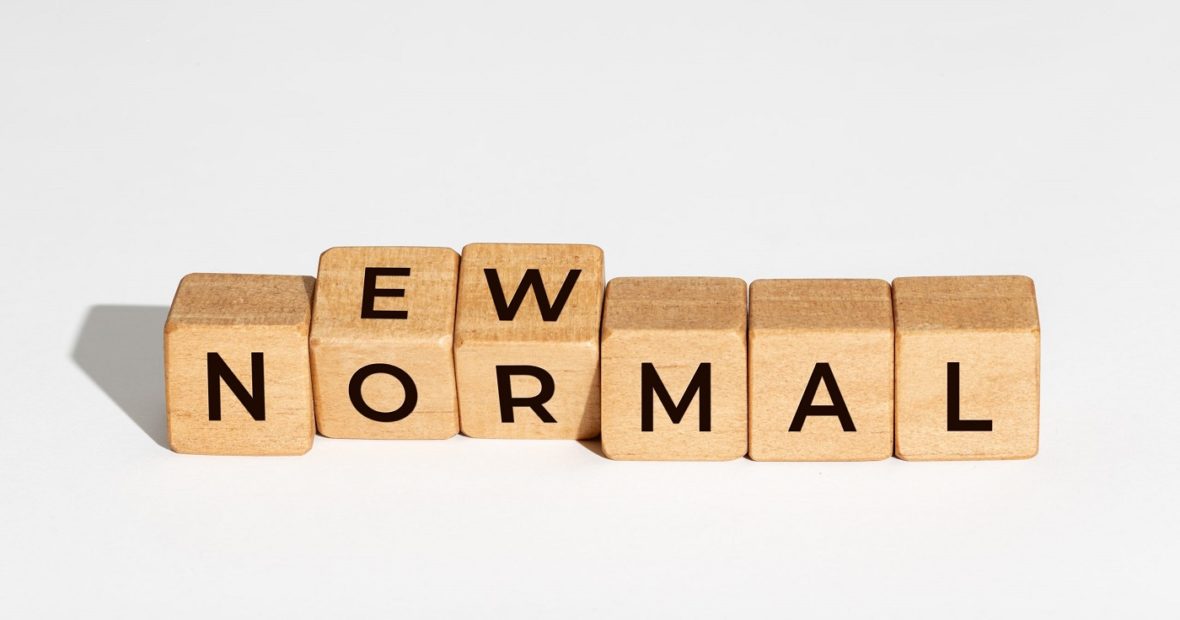The emergence of COVID-19 took the world by surprise, yet it should not have done. While the specific disease was not identifiable, the likelihood of a “spillover” event on a global scale was almost certain, and that prediction was made possible through a strategy known as futures and foresight thinking.
“Futures and foresight is a way of making sense of big changes, and identifying the signals that something might change,” says Aarathi Krishnan, a humanitarian futures and strategic foresight consultant. “What it forces us to do is recognize that we don’t know exactly what the future is going to be, so we have to plan for uncertainty.”
This preparation for the unknown is termed “anticipatory capacity” and is something Krishnan argues should be baked into humanitarian organizations, workflows and mindsets. It starts with curiosity, questioning assumptions and creating opportunities to listen to a broader and more diverse range of voices and perspectives.
Collaboration vs. uncertainty
In May this year, the innovation leads at ICRC, MSF and UNHCR formally convened a group of 65 people to contribute to the ‘#newnormals of Humanitarian Action Signals Intelligence Initiative’.
“The collaboration was already bubbling,” says Maya Shah, Innovation Coordinator at MSF, “and then COVID came and we just had to do something together.”
Participants tuned in via Zoom from their respective headquarters, regional bureaus or field offices around the world to identify in which ways coronavirus is affecting humanitarian operations. It was, says ICRC Innovation Officer Elsa Gehanne, a riveting “cross-agency collaboration”.
An unexpected benefit of a forced remote work policy was a flattening of hierarchy and greater inclusion. “Normally, with a workshop you have 70% of your people face-to-face and the rest not, and it doesn’t work well, but we were all working remotely, so nobody felt excluded” says MSF’s Innovation and Transformation Lead, Silvia Moriana. “That makes a big difference.”
“We must continue exploring how to innovate collectively,” says Hovig Etyemezian, Head of Innovation at UNHCR. “And COVID represents a joint challenge that demands a joint response.”
‘Even the changes change’
During the initiative a deliberate effort was made to foster free-flowing discussions and allow unscripted conclusions. “Rather than try to direct answers, we left it open and acknowledged that we don’t know how a specific issue is going to unfold,” explains Gehanne.
The resulting conversations were wide-ranging and were permitted to be as messy, multivocal and eye-opening as the world itself. “It showed me the richness of our different agencies,” says Nan Buzard, ICRC’s Head of Innovation. “I was very moved by the range of intellectual engagement, the range of interests people exhibited: they’re following economics, sociology, public health, politics.”
Those diverse perspectives led to diverse insights, ranging from the reality of intersecting crises to the demand for truly long-term thinking and planning; from the need for internal agency reorganization to the desire for conscious re-examination of personal assumptions and from the benefits of sharing ideas and expertise to the opportunity to reshape leadership.
COVID means disruption is no longer theoretical, rather “people realize things can happen within 24 hours that absolutely change your fundamentals,” says Buzard. “Things are constantly changing, even the changes are constantly changing.”
Many questions, many answers
The pandemic has created shocks for every individual, institution and system in the world, but one result is a new openness to futures and foresight thinking in humanitarian organizations. The question, says Agnes Schneidt, UNHCR’s Innovation Officer is, “How can we make our organizations more future proof, more anticipatory, less reactive?”
The existential pressures humanitarian organizations face while serving crisis-affected populations means they are might be more focused on the immediate at the cost of the strategic.
“The choice need not be so binary, rather the two can and must coexist,” says Krishnan. “Humanitarians are good at responding to the here and how, we’re good at firefighting, but we don’t all prepare in the same way and we’re not always good at long-term planning,” she says. “The future is uncertain, unpredictable, complex and can be overwhelming, but to be unprepared is just bad practice so we should help each other know how to prepare better.”
The post-COVID #newnormals initiative is an ongoing process, not a one-off. The initial conclusions have already been widely shared and the next iteration will see an expanded group meet in July, continuing to make sense of the insights and findings and deepen the collective work. With the pandemic producing so many questions, collaboration has the potential to offer some of the answers.
- More about how the ICRC prepares for the future

